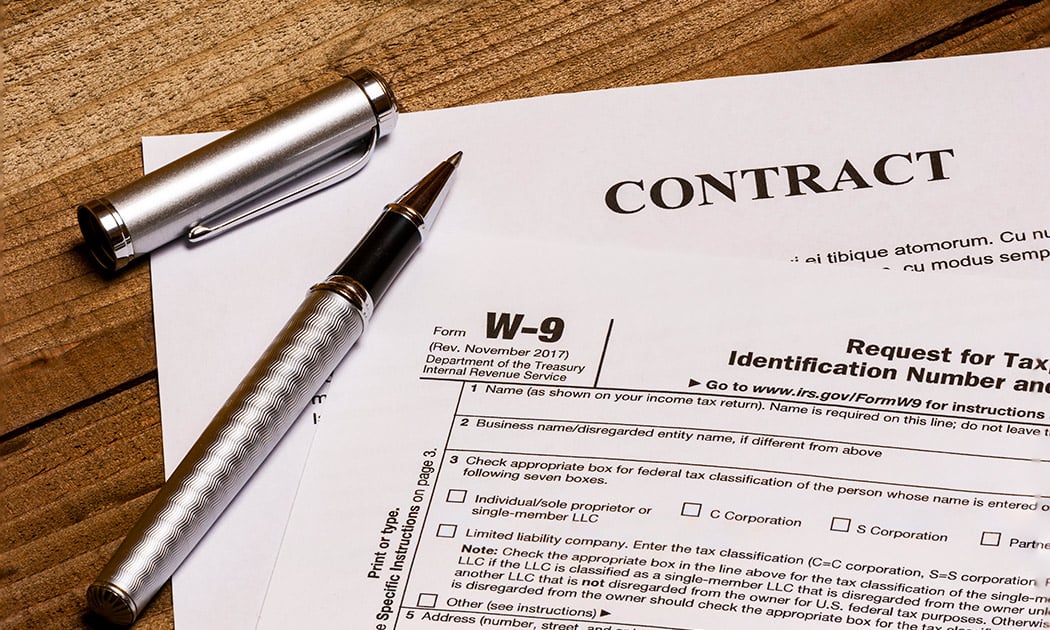The Payroll Blog
News, tips, and advice for small business owners
- Home
- Resources
- Payroll Blog
- Tax Requirements for Side Hustles and the Gig Economy
Tax Requirements for Side Hustles and the Gig Economy
Are you one of the 45% of Americans with a side hustle?

Bankrate surveyed over 2,500 adults to learn more about their side hustle habits. The hustle has been around for many years but has grown even more popular in recent years. Whether your side gig is the small business you hope to turn into your full-time job, a way to earn some extra cash, or just something to fill some free time, there are some things about taxes you’ll want to know. Below, we explore what has lead to the increase of side gigs, the criteria for paying taxes on your extra income, and ways to get help.
The Popularity of the Side Hustle
There are many reasons for adopting a side gig. With a competitive job market, some turn to the gig economy to increase their skills and work experience. Others are looking for extra cash to pay down debt faster or put the extra funds towards savings goals. When the COVID-19 pandemic hit and unemployment hit record highs, more people were looking for ways to bring in an income. With a rise in private tutors, nannies, food delivery, and more came the spike in people looking for extra work. The pandemic alone has lead to a 50% increase in account creation on freelance sites Fiverr and UpWork, according to CNBC.
Tax Requirements for Side Gigs
With a full-time job, you’ll see state and federal taxes withheld from each paycheck. Depending on the type of side gig you have, there’s a good chance these taxes are not being withheld from any income you’re receiving. To avoid a tax nightmare down the road, it’s best practice for those with a side hustle to put 20-35% of your additional income in a separate bank account for tax purposes. This savings practice helps to ensure you’ll be covered if you wind up owing the government more in taxes than expected due to your additional income.
Estimated Quarterly Taxes and Side Gigs
If you expect to owe $1,000 or more in taxes when you file your tax return, you’re likely a candidate for estimated quarterly taxes. If your side gig only brings in a few hundred dollars each year, you probably won’t have to stress about this too much and instead report those wages when you file income taxes. That separate savings account can help make the quarterly payments sting less too as you’ll be prepared for them. To determine if you’re required to pay estimated quarterly taxes on your side gig, IRS Form 1040-ES can help provide estimates.
Handling Tax Deductions for Side Hustles
The good news is side hustles may be considered a small business. If that is the case, it is good because you can claim business-related expenses related to your hustle on taxes to help decrease how much you owe the government. However, proper documentation is important. First, as we mentioned earlier, having two separate bank accounts is beneficial, meaning keep your personal and business finances separate. A separate checking account for business expenses will be helpful for the tax deductions. When finances are combined, it can be time-consuming to look at charges for your personal life compared to something purchased for your business. You’ll want to know exactly how much you’re spending on your side gig and keep the receipts of those purchases for taxes.
Where to Get Help With Taxes
While you can get more information on just about any topic with a quick Google search, the results may not always be helpful or accurate. If you’re planning on a large amount of income due to your side gig, getting help from a trusted source can be beneficial. An accountant or bookkeeper is a great place to start. While either will be a huge help during tax season, they can also be a resource to talk to frequently throughout the year to ensure that you’re staying on top of your goals and accurately filing taxes. If you only want help with filing taxes and need to hit the April 15th deadline, the best thing you can do is start early. Many people need help filing taxes, and if you wait too long to make an appointment, you may be stuck DIY-ing or filing an extension.
Bottom Line
Side hustle are great and can be the perfect first step to running a small business. However, you want to make the most of the extra income you’re earning and not have it hurt you when it comes to filing taxes. The best things you can do are stay organized throughout the year and plan early if you want to get outside help.
Related Blog Posts
View Our Plans and Pricing
Small Business Is Our Business.
This website contains articles posted for informational and educational value. SurePayroll is not responsible for information contained within any of these materials. Any opinions expressed within materials are not necessarily the opinion of, or supported by, SurePayroll. The information in these materials should not be considered legal or accounting advice, and it should not substitute for legal, accounting, and other professional advice where the facts and circumstances warrant. If you require legal or accounting advice or need other professional assistance, you should always consult your licensed attorney, accountant or other tax professional to discuss your particular facts, circumstances and business needs.



